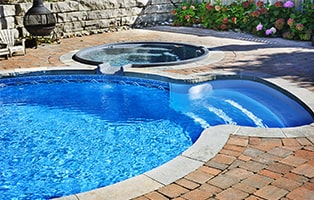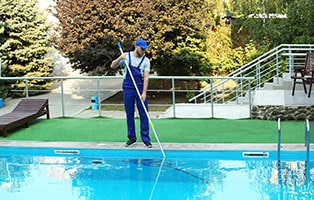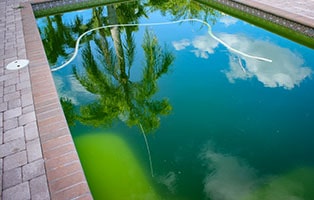These nine popular swimming pool tales have been busted by the experts and proven to be myths.
Many people get anxious about the water, so it’s no wonder why there are so many swimming pool related myths out there! Luckily, many of our biggest fears about the pool have been proven false or misleading.
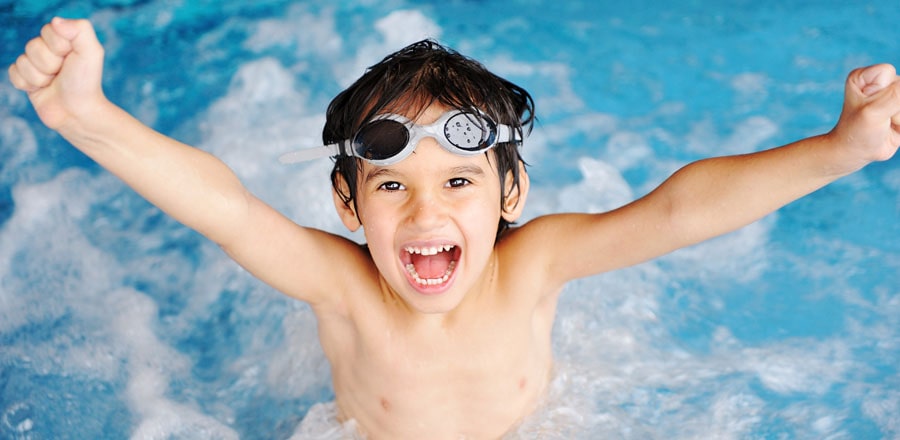
If you’ve spent any time around swimming pools in your life, you’ve almost certainly heard of many of the myths on our list. From concerns over the chemical composition of the water to misinformation about what constitutes a perfectly sanitary pool, there has never been a shortage of things to debunk.
While there are most certainly important issues to carefully consider before deciding to buy a pool, far too many people have let total myths stop them from taking the plunge and living life to the fullest. These myths have even impacted those who already have a pool, as misinformation leads to inadequate maintenance practices.
So today, let’s go over some of the most common myths surrounding the cost and maintenance of swimming pools.
Installation and Maintenance of Pools is Very Expensive
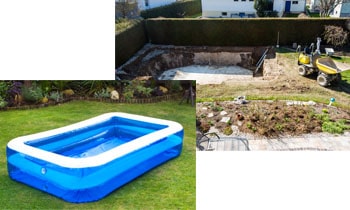
While a swimming pool can most certainly be one of the most expensive things at your house, it doesn’t have to be. Over the last 15 years, companies have gotten a lot smarter about how they work and the range of services they provide.
As such, there is a wide range of different style pools and equipment in various price ranges. So much so, these days, the most significant factor on how much you spend a year for your pool is likely dependent on how well you planned things out.
The most significant portion of recurring costs on most pools are for equipment and chemicals. By opting for energy-efficient equipment and consistent maintenance, most people are amazed by how much they can cut down on yearly costs.
Pool Maintenance Takes Real Work
It’s true that if you don’t take proper care of your pool, it can become an incredibly time-consuming and expensive job. However, if you simply take the time to do the little things consistently, your chances of any major issues are extremely low.
Most experts agree all it takes to virtually eliminate your risk of any major issues is skimming and testing/balancing the pool twice a week, along with vacuuming the bottom once a week. However, if you’re willing to spend a little money up front, you can keep your pool properly maintained without having to do any of that.
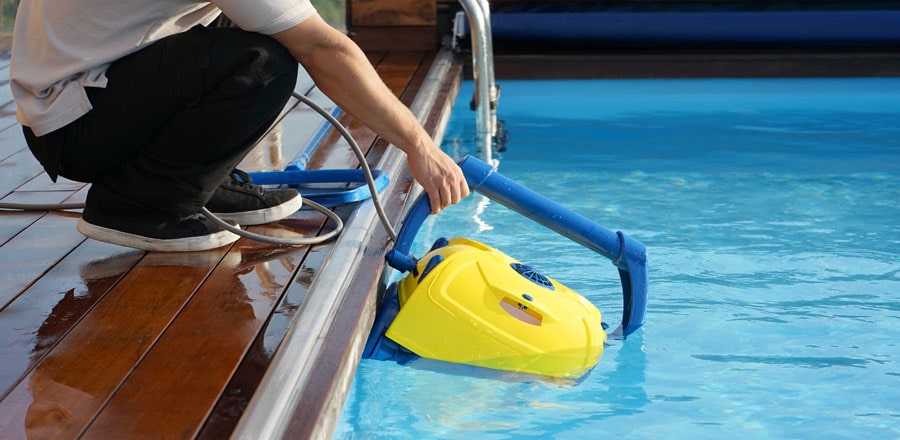
There are a ton of high-quality automatic pool robots on the market, including skimmers, chlorinators, and vacuums. There are even filter systems and heaters on a set timer, ensuring the pool is always optimal whenever you find the time to relax.
A Clear Pool Means A Clean Pool
This is one that a lot of people seem to get confused by. Just because the water in a pool looks perfectly clear, doesn’t mean it’s free of microorganisms. Just think about all the crystal clear river water that has countless types of algae and moss growing all the time.
At the same time, a pool that looks fine could have a chemical balance that’s way off, promoting the growth of potentially dangerous organisms. The best way to ensure the purity of your water is always to do regular tests and pH balancing.
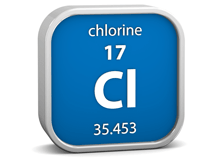
A Strong Chlorine Smell Indicates Water Purity
A lot of people seem to think that if they can smell the chlorine or other pool chemicals, that is a good indication the pool itself is clean. Unfortunately, this is far from the truth as chlorine can bind to other contaminants brought in by swimmers and form substances known as chloramines. These chloramines have a much stronger smell than adequately pure pool water, which generally has very little chlorine smell.
No Need To Shower First
This is the rare case of a myth that most people get backward. It seems a lot of people believe actively showering before getting in a pool is an unnecessary step. However, one of the primary contaminants in any pool is the chloramines, which are directly caused by swimmers transferring their sweat, or even pee, into the pool.
Pool Water Can’t Make You Sick
Pool water that hasn’t been properly maintained is a significant risk factor for a range of conditions known as Recreational Water Illnesses (RWIs). Without a well-balanced pH, microorganisms can survive and even thrive in pools for long periods of time. Along with more common RWIs, such as legionella and norovirus, swallowing this water can also lead to severe conditions, including E. coli.
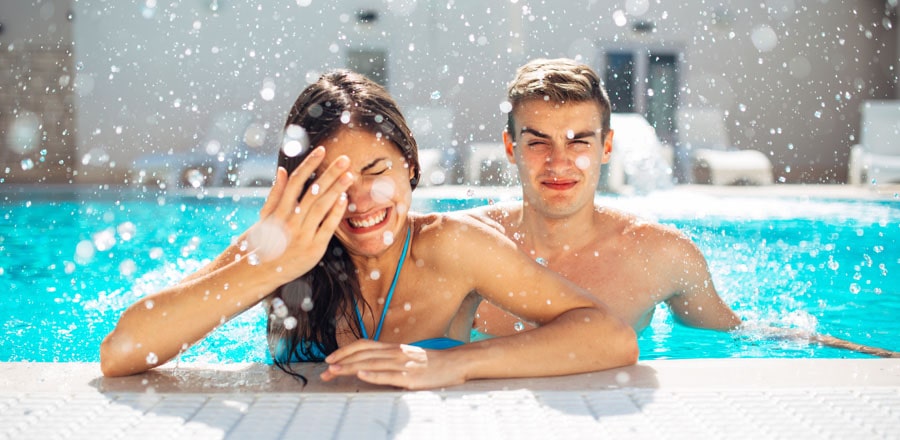
Red Eyes Are Caused By Too Much Chlorine
Very few people seem to understand that chlorine isn’t what’s turning your eyes red after opening underwater. Try it for yourself! Simply keep your pH right where it should be, between 7.2 and 7.6, and you’ll find the redness virtually disappears. Another way to greatly reduce the risk of red eyes is by limiting the level of chloramines in your pool by always showering right before getting in.
Chlorine Turns Blonde Hair Green
While it’s true that extended stays in some pools can leave blonde hair looking washed out and even green, chlorine has nothing to do with this process. It turns out that some types of algaecides are produced using copper, which is well known to impact the color of hair. The oxidized metals can become attached to hair proteins and cause a green look.
However, this is only temporary, and it can even be prevented with the right plan. If you are sure to thoroughly condition your hair before swimming that day, you can mitigate most of this effect. But if it does happen to you, don’t worry. Simply use a high-quality shampoo to wash the unwanted color out.

The Use of Blue Pee Detection Chemicals
Finally, one of the most prevailing swimming pool myths of all time has got to be the idea there is some type of chemical used by public pools to detect if someone has peed. We all remember the story from when we were kids, but it turns out over half of grown adults still believe this tall tale!
Did you personally believe any of these myths? Can you think of any swimming pool myths that we missed? Which common myth do you find the most surprising? Please leave us a comment below and let us know!

Pool Maintenance Tips & Tricks
